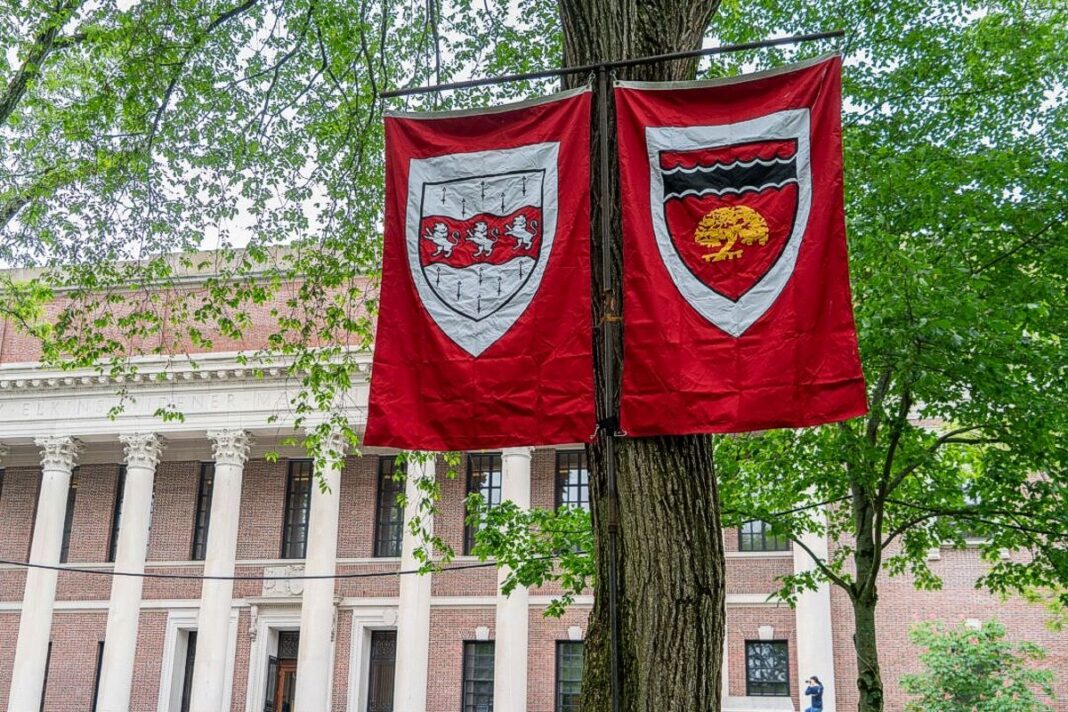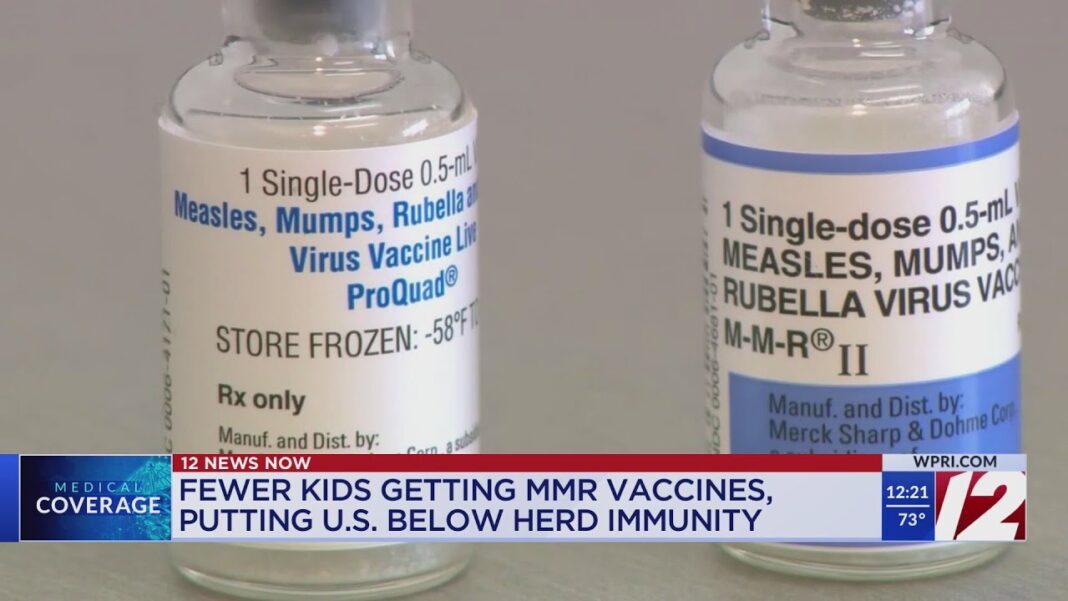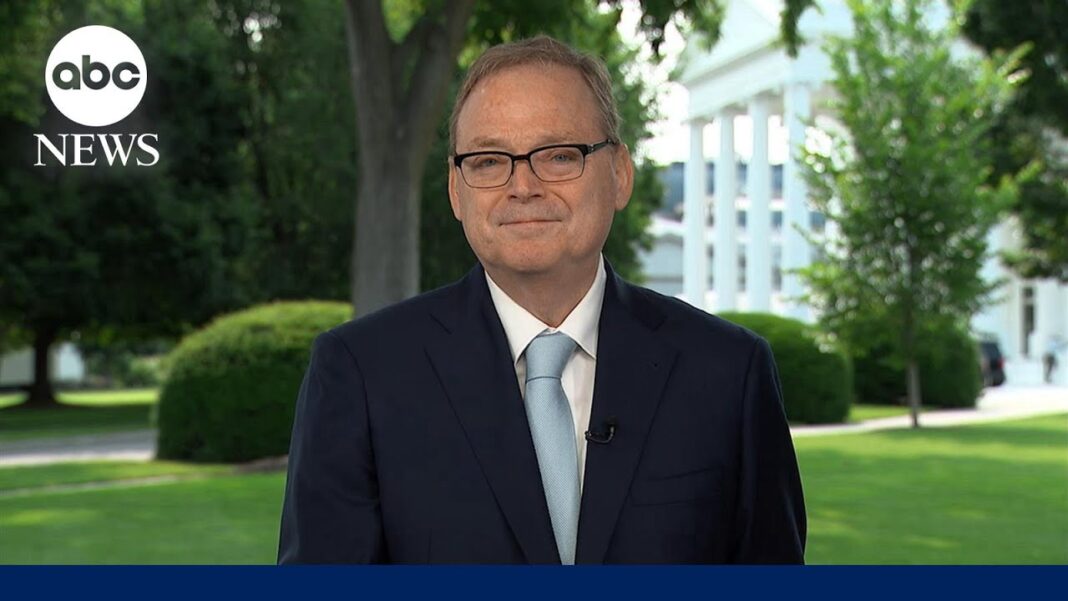Leaders from more than 600 colleges and universities so far proclaim support for Harvard’s lawsuit against the Trump administration.
The fight between the Trump administration and Harvard University has now expanded to two legal disputes.
The university first sued over the administration’s cancellation of more than $2 billion in grants over Harvard’s alleged failure to accede to various demands concerning anti-Semitism and diversity, equity, and inclusion (DEI).
A second lawsuit was brought by Harvard challenging the Department of Homeland Security’s (DHS) revocation of the university’s Student and Exchange Visitor Program certification, curtailing its ability to enroll international students.
DHS alleged that Harvard didn’t adequately respond to its request to provide information about the criminality and misconduct of foreign students on its campus.
DHS later reversed its revocation decision and gave Harvard 30 days to respond to alleged breaches of federal regulations to avoid being decertified from the foreign student enrollment system.
In both cases, Harvard argues that the administration’s actions violated the university’s First Amendment rights, as well as due process requirements.
Origins of a Standoff
On taking office, President Donald Trump quickly enacted his campaign promise to withhold federal funding from educational institutions involved with DEI, anti-Semitism, or ideological indoctrination practices, including allowing biological males to participate in women’s sports.
The Trump administration sent Harvard an extensive list of conditions for dealing with anti-Semitism and DEI in the aftermath of the pro-Palestinian protests on its campus.
The university refused to comply, citing freedom of speech and academic independence, prompting the Trump administration to freeze $2.26 billion in medical research grants and consider up to $9 billion in additional cuts.
The administration said that under the 1964 Civil Rights Act, the federal government has the authority to withhold funding from institutions that discriminate by race or national origin.
Harvard responded with a federal lawsuit asking a U.S. District Court in Massachusetts to restore the funding and deem the president’s actions illegal and unconstitutional.
Trump has since pledged to revoke the university’s tax-exempt status, and Education Secretary Linda McMahon warned Harvard that it is ineligible for future federal grants unless significant management changes are made.
On May 13, the administration’s Joint Task Force to Combat Anti-Semitism, announced it was terminating an additional $450 million in grants to the university, citing Harvard Law Review’s recent $65,000 fellowship award to a pro-Palestinian protester accused of assaulting a Jewish student on campus.
The higher education community, meanwhile, has hailed Harvard as a defender of First Amendment rights in a fight against “unprecedented government overreach and political interference.”
“Our colleges and universities share a commitment to serve as centers of open inquiry where, in their pursuit of truth, faculty, students, and staff are free to exchange ideas and opinions across a full range of viewpoints without fear of retribution, censorship, or deportation,” reads a recent proclamation from the American Association of Colleges and Universities signed by leaders from more than 600 schools.








